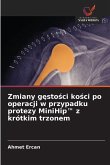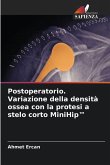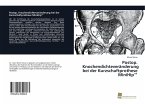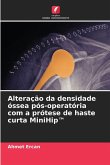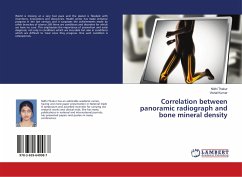With the introduction of short-stem endoprostheses over the last decade, the range of indications has been increasingly expanded to include a significantly younger patient population, although long-term results are scarce. In addition to bone preservation during primary implantation, the concept of short-shaft prostheses also focuses on better reconstructability of the individual patient's anatomy and the long-term osteological competence of the implants with the aim of achieving a longer service life. Numerous clinical and radiological studies support the use of short-shaft prostheses. The MiniHip(TM) has shown good results in early and medium-term clinical outcomes to date. Radiological follow-up examinations for an interpretation of the long-term prospects of success are still pending. The aim of this study was to evaluate the osseous integration of the cementless MiniHip(TM) short-stem hip endoprosthesis and its influencing factors.
Bitte wählen Sie Ihr Anliegen aus.
Rechnungen
Retourenschein anfordern
Bestellstatus
Storno



